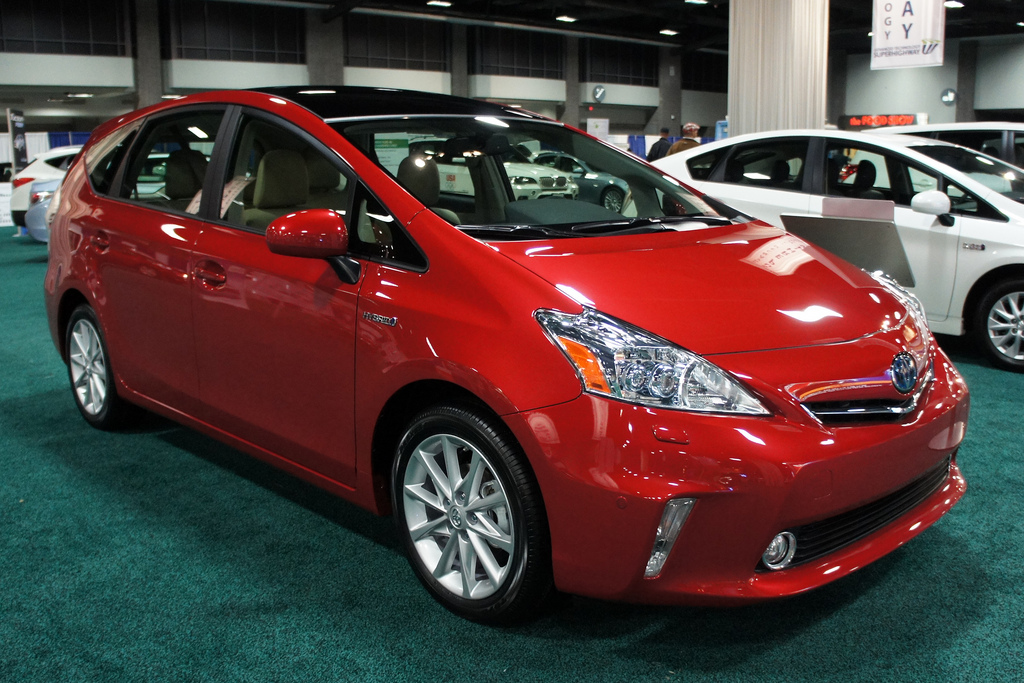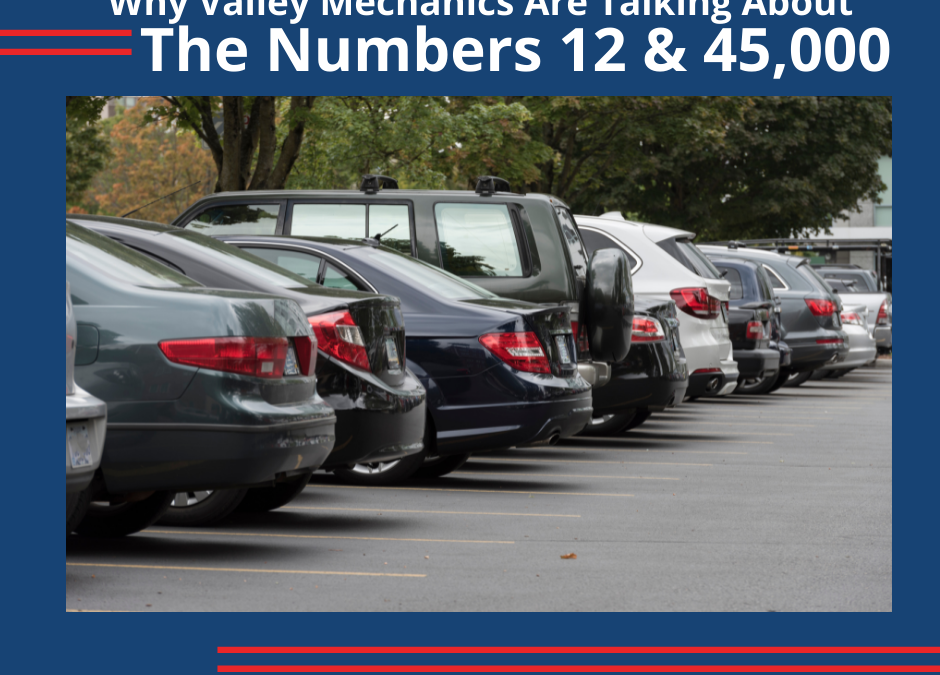The inevitable end to the supply of hydrocarbon fuels and increased environmental awareness has pushed vehicle manufacturers to make alternatively powered cars. According to a report by Autoweek, in the first three months of 2012, hybrid sales rose 11.4 percent, 55.4 percent and 39.6 percent. This resulted in 106,207 units sold in the first quarter. Hybrids are cars with more than one source of power: mainly, electric and gasoline or diesel.
Hybrid technology is the result of the thinking that electricity is less expensive and produces less environmental pollution than gasoline or diesel. At the same time, a fully electric car is not practical because of the challenge of a vehicle bearing the increased weight of batteries. The hybrid is thus a compromise car that utilizes the benefits of electric power and those of gasoline or diesel. The result is a more practical and more efficient car. But, is the hybrid car necessarily better than the regular gasoline or diesel equivalent?
Supporters of either of the two views will advance arguments to favor their side. However, for a balanced view, let us look at both the pros and cons of the hybrid car.
Benefits of the Hybrid Car
There are many benefits associated with the hybrid car. Here are the main ones:
- A hybrid car can produce as much as 90 percent less pollution than the gasoline equivalent. This is the case with the Toyota Prius; a major benefit for the environment.
- It is more fuel efficient, covering up to 60 miles on one gallon of gasoline when cruising the highway.
- Purchasing a hybrid car can help the buyer access tax incentives.
- Hybrids are normally sold with warranties of several years.
- A hybrid car depreciates at a lower rate than a regular gasoline car. The result is higher resale value.
- Hybrid car technology is growing resulting in improvements to produce more efficient cars.
- Hybrids are lighter because they are constructed of aluminum and carbon fiber.
- A hybrid car is constructed in a streamlined shape to minimize air resistance.
- It has a smaller engine, which, in addition to the streamlined shape means that a hybrid is less noisy than a regular gasoline car.
- It utilizes braking resistance to generate power to recharge the batteries. This means that a portion of the power produced from the power sources is not lost during braking.
The Shortfalls of the Hybrid Car
- When thinking about purchasing a hybrid car, consider the following shortfalls:
- A hybrid is more expensive than the regular gasoline equivalent.
- It has a more complicated drive train. This means that it requires a better trained, certified mechanic to fix it when it beaks down.
- It has large batteries for storing power. When these are disposed of, they can cause pollution through lead poisoning.
- A hybrid car has a small engine that produces less power than a regular gasoline engine.
- A hybrid is slower than the regular gasoline car.
- It uses higher voltage (as much as 650V for the Toyota Highlander SUV). This is dangerous if the driver or an ordinary mechanic touches the terminals when trying to identify a fault.
- A stationary hybrid that has not been switched off can cause an accident if someone accidentally hits the accelerator.
Conclusion
Deciding on a hybrid is not a black and white affair. These pros and cons should be a good guide for a potential buyer.







